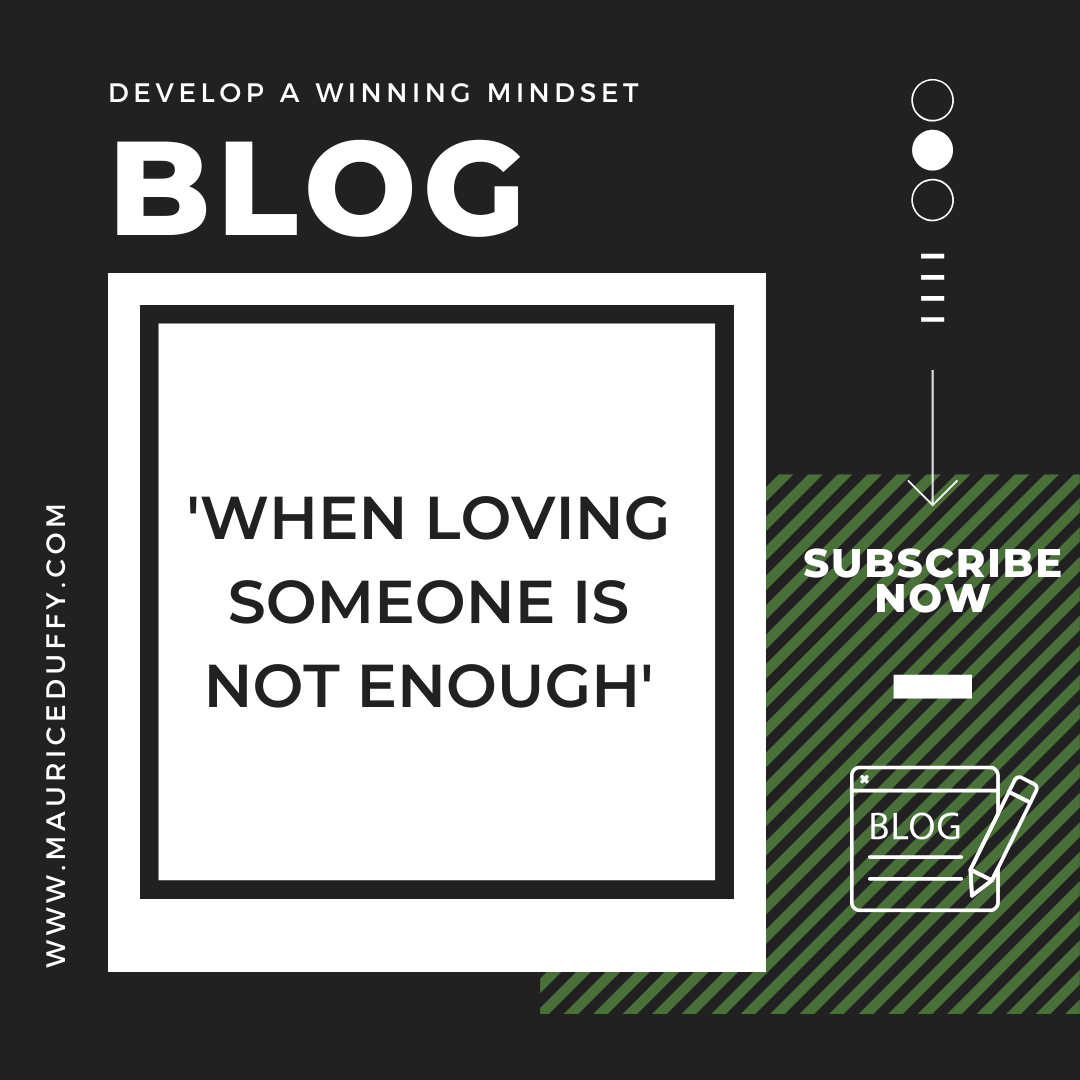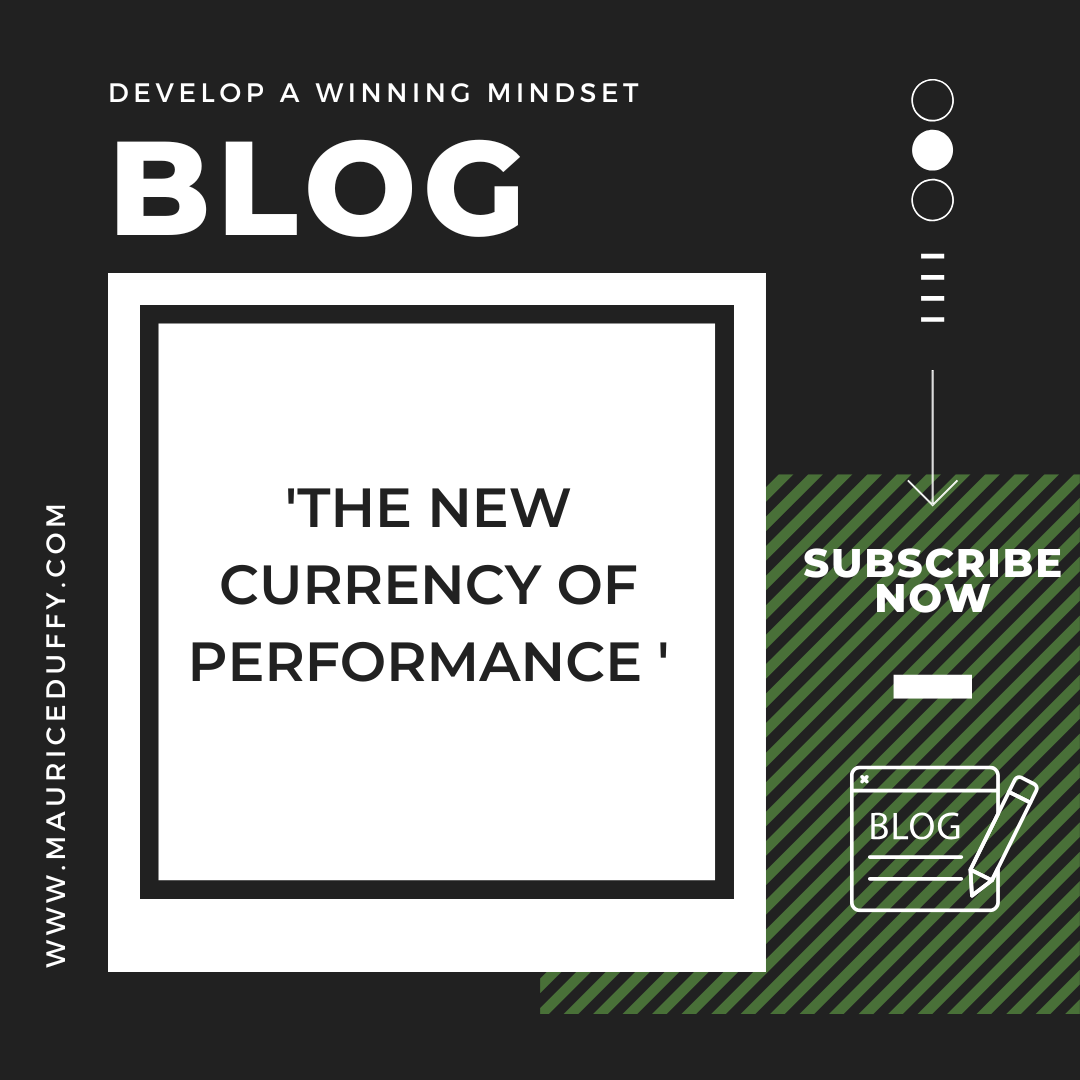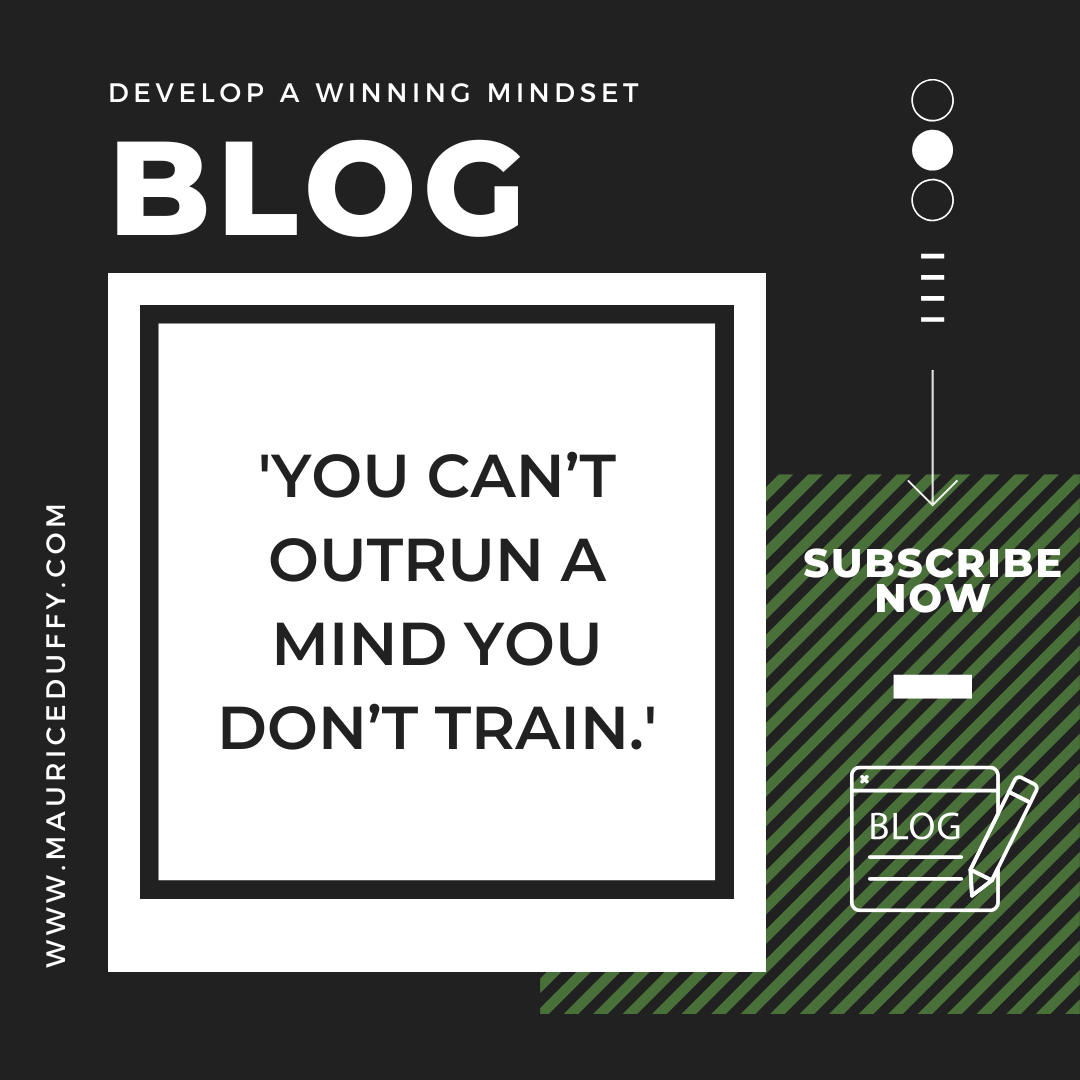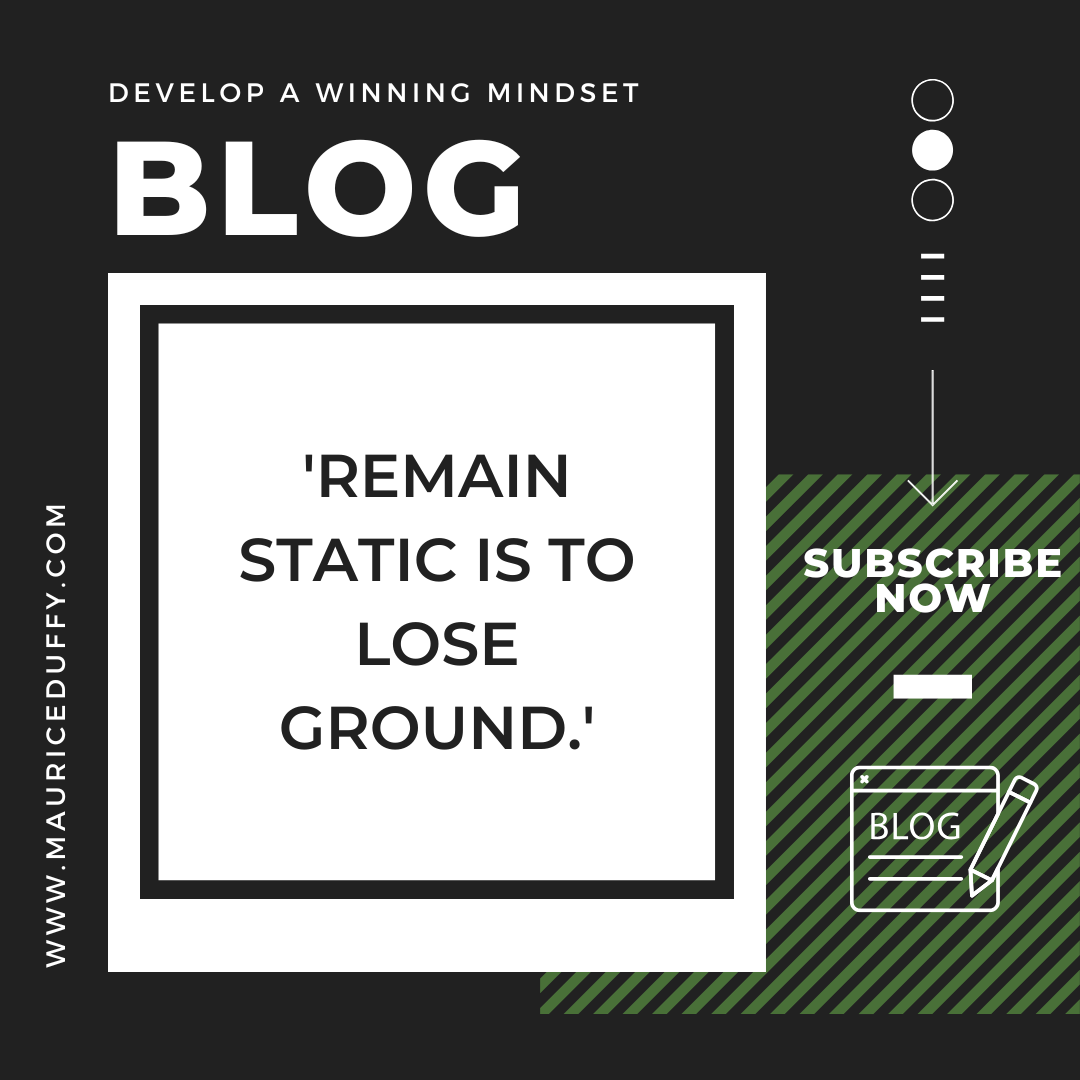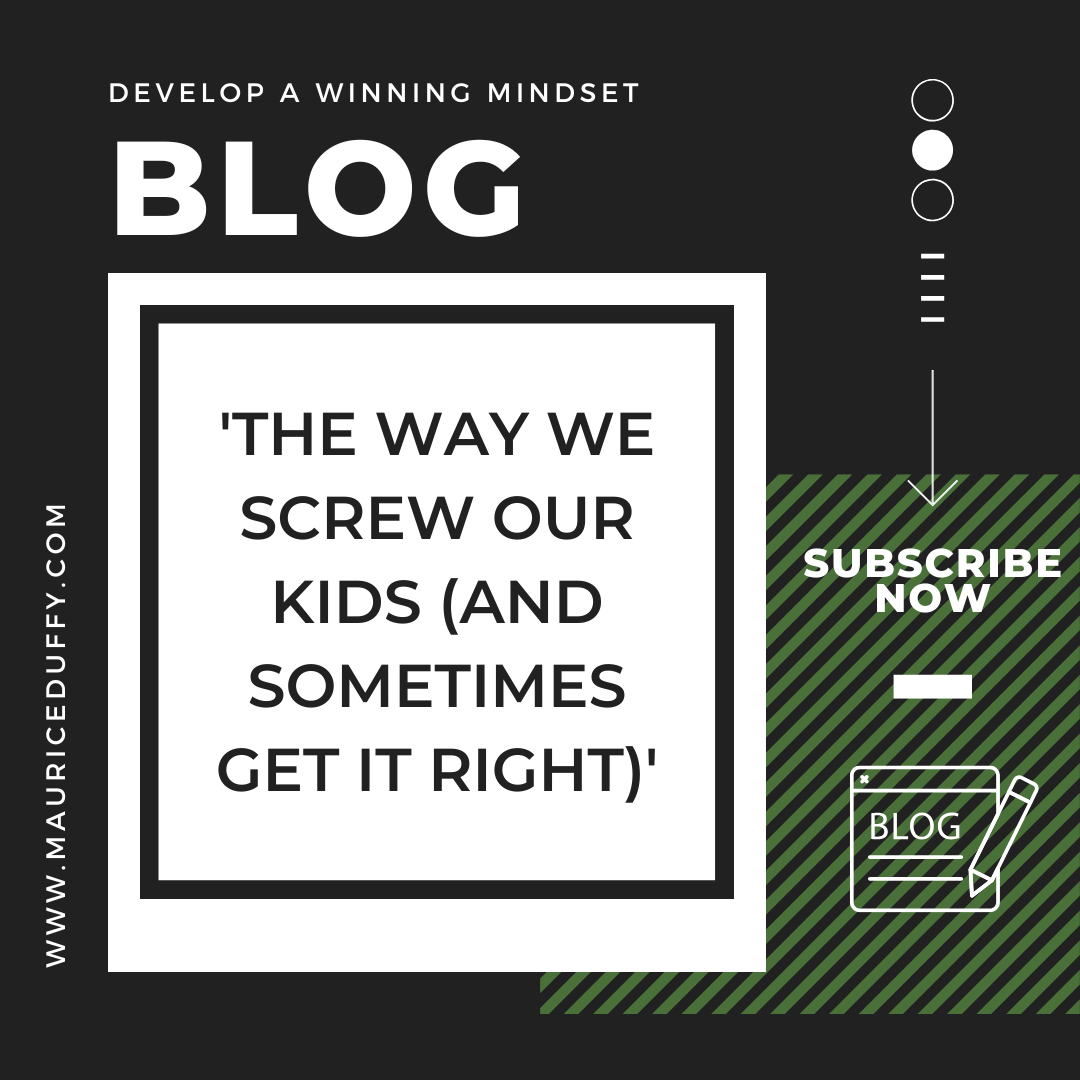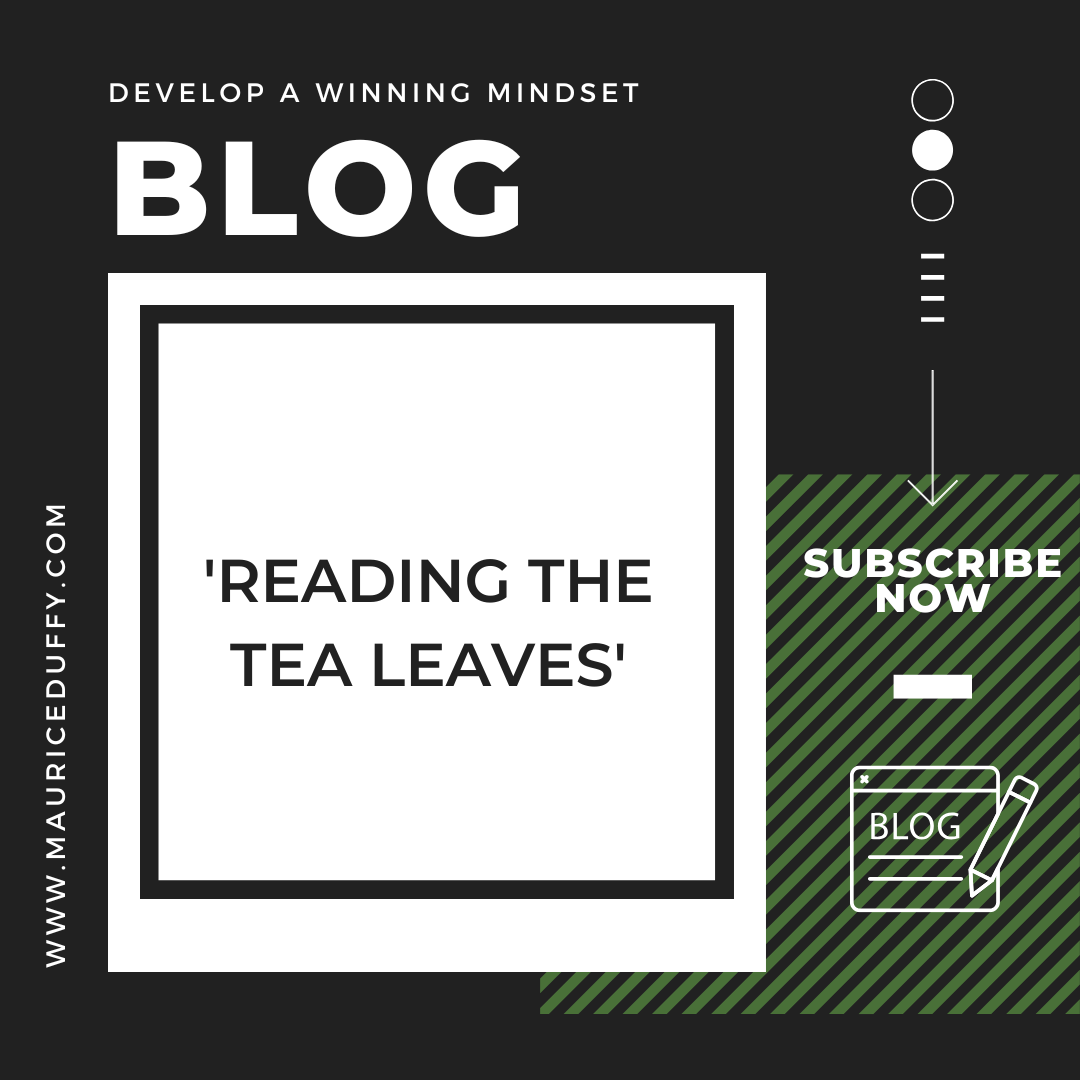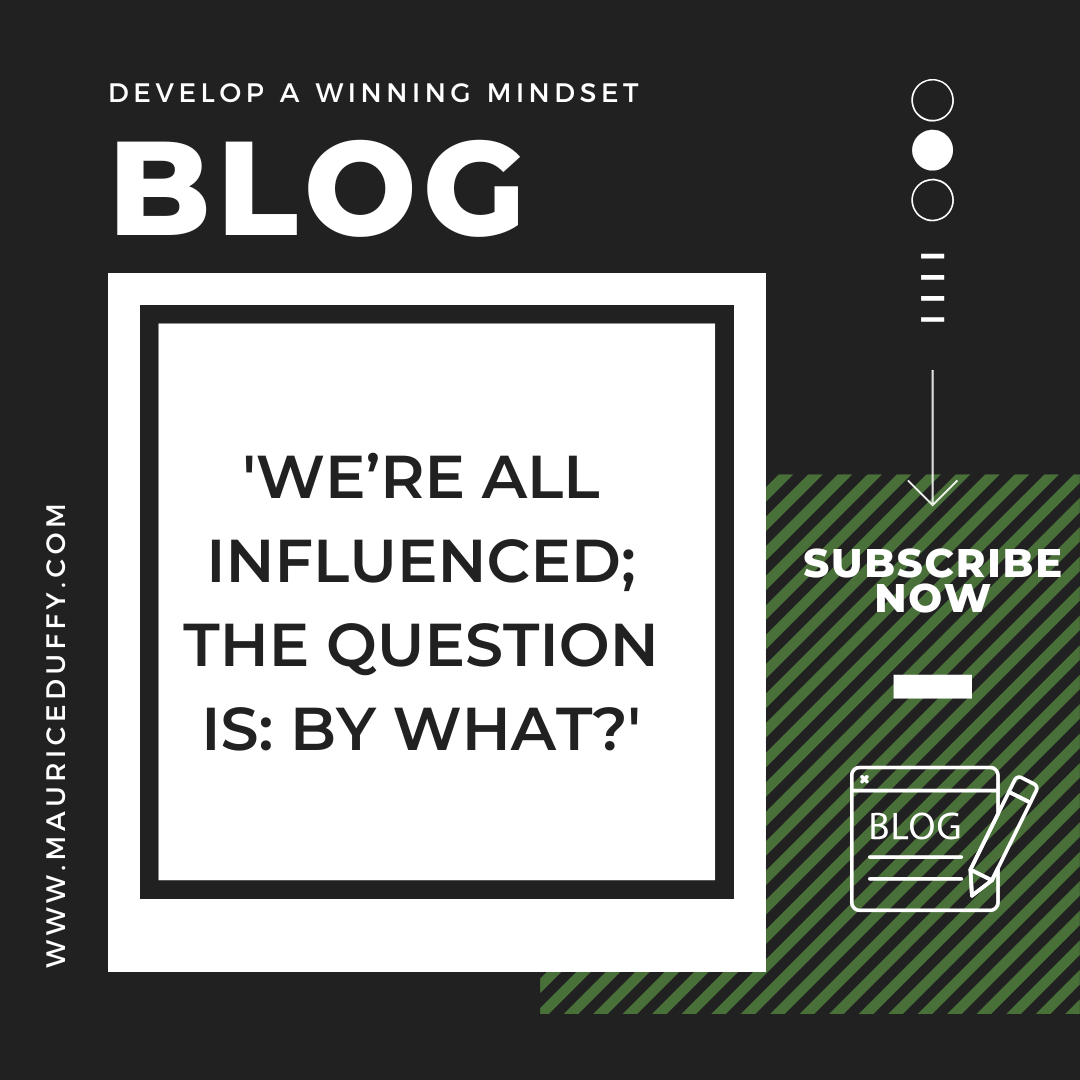Self-Care is Health Care
Self-Care is Health Care
Living North columnist Dr Maurice Duffy explores the link between mindset, health and well-being, and why we all need some self-care in our daily routine.
The sky is quite clearly the limit when you understand the link between mindset, health and well- being. This was something I completely overlooked for many years and looking back I think I have the former Arsenal manager Arsène Wenger to thank for highlighting not only the link, but also the effect it can have on results once you connect the two.
When he arrived at Arsenal from Japan in 1996, he was walking into a very different culture. He was taking over a football team with a notorious drinking culture and bad eating habits, as was the norm at that time. After what he’d seen in Japan, he set about revolutionising the team’s mindset approach to diet, nutrition, fitness and well-being. But he can’t have known how this approach would change the world of English football in the process, or my thinking for that matter! It took me many years to fully understand the importance of Arsène’s mindset magic for whole body-mind approach, but it had opened my eyes to it. My learning further developed after I met Yogi Berra, the famous Yankees baseball legend who said, ‘the game is 90 percent mental and the other 50 percent is physical’. This also had a profound and lasting effect on my thinking about mindset.
So what do we actually mean by mindset and why is it so important?
Our mindset is a set of beliefs we hold about the world and about ourselves. A person’s mindset can be positive, negative, or a mixture of the two. Our mindset is a very powerful thing, and has an impact on how we feel, the way we think, and the way we behave. A positive mindset is likely to lead to healthier behaviours, stronger self-esteem, and even a longer lifespan. A negative mindset, on the other hand, comes with a greater risk of mental health struggles such as depression and anxiety.
In my work I coach CEOs, politicians and elite athletes and I am often called in when there is a significant problem that is causing, or is likely to cause, personal or professional damage. Due to the profile of the people involved these situations can often also attract intense media scrutiny, which amplifies the need to address the situation and avoid long-lasting psychological consequences. A key part of any intervention is helping people deal with their mindset, because as we now know this feeds into everything else.
One such incident that was very much in the public domain was the massive global fallout from what’s referred to as the Australian cricket team’s Sandgate Scandal and I worked with two of the international players directly involved. Telling them to adopt a positive mindset or smile in the face of adversity was not going to resolve the problem, nor their personal issues, never mind rebuild their public image.
Yet how often are we bombarded with advice that we must simply stay positive?Looking on the bright side doesn’t work for everyone. If you’re struggling – and the idea of just grinning and bearing it doesn’t work for you – don’t worry, there are other processes that will help.
Feeling sad, depressed or being very upset can interfere with our lives, making it hard to think clearly, work, relax, study, sleep or deal with other people.
Instead of dwelling solely on a brighter future it’s critical to introduce reality checks whenever possible. This means evaluating the gulf between the positive future you imagine and the obstacles you’re currently facing, which is a process called Mental Contrasting. From there, you can formulate a realistic plan for overcoming those obstacles, your immunity to change, and take action accordingly.
I use a strategy to help people formulate a realistic plan for overcoming those obstacles and take action around the principle of Mental Contrasting which I call Sanity. It’s an enabling process that involves five steps: Goal Setting, Defining the Why of the Goal, Visualising the Outcome, Addressing the Obstacles and Immunity that will always occur, and Crafting a Plan with actions and behaviours.
It’s a great strategy to anchor your life in the now, fully understand your issues and concerns, redirect where feasible your negative thoughts, and structurally change your cognitive process. These five steps are designed to automate behaviour and create an unconscious cognitive motivational process to constructively respond to one or many negative life loops.
1. Decide what mindset is best for you. Some people genuinely benefit from positive thinking, but that strategy clearly doesn’t work for everyone and can actually exacerbate the problem in others. People who benefit most from focusing on positivity are defined in psychology as displaying trait anxiety – those who experience fears, worries, and anxiety across many situations, regardless of actual danger. You should never use positivity to dismiss your significant feelings. You must experience these feelings. If you are always just trying to be positive or happy, you may not be addressing the root causes of your feelings. Sometimes it is better to level with yourself about how you feel, and then see what you can do to alleviate those feelings without judgement.
2. Prioritise positive action. In whatever way you can, set aside time to move each day as 30 minutes of exercise a day can make a massive difference to your health, mindset and well-being. Go for a walk, jog or run, or do a quick at-home workout. Make sure you stop every couple of hours and do a few push ups or even crank up the music and have a 20-minute dance party in your living room.
3. Do not allow people with dirty shoes walk through your brain. Negative relationships are highly detrimental to a person’s mental health. Whether a partner, friend or family member, it’s important that you invest your time in people that make you feel good about yourself and add value to your life. Taking small steps to improve your relationships can make a big difference to your mental well-being and improve the way you feel about yourself and the other people in your life.
4. If you cannot afford 10 minutes a day for meditation, you must do it for an hour. Mindfulness meditation is an excellent place to start. Working on your mental health largely revolves around drawing your attention inward to the present moment, letting go of any judgment about what you’re thinking or feeling. Start your meditation by practicing breathing techniques. Breathing is so powerful. It’s one thing that we do have control over, even though anxiety can make it feel like we don’t. The benefits are proven by science – by slowing your breath, you can change your body’s entire parasympathetic nervous system response. And if you’re not sure where to begin, you can try a guided meditation.
5. Action your Bad Day Plan. When you’re in the throes of a bad day it can be hard to take a step back and think clearly. A Bad Day Plan can help you navigate what you’re feeling. Things to include in your plan could be a self-compassion letter, numbers of a strong support network; a mindfulness activity; a relaxation activity; a plan to reduce your to-do list; a worry journal; a plan for tomorrow. If you develop a Bad Day Plan you must use it on the bad days.
Self-care needs to be as integral a part of your routine as eating, bathing, and sleeping to ensure optimum mindset health and consistent overall well-being. Understanding this is the first step, but the only way to make sure it happens is to have a self-care plan and stick to it.


